Who said, they said
December 4, 2017
By ASHLEY VANG
The Mirror reporter
What is physical bullying? What is cyberbullying? Most, if not all should be familiar with these terms. But what is digital self-harm?
Digital self-harm is when an individual “anonymously” posts, sends or shares hurtful content about themselves online. In simpler words, digital self-harm is a form of cyberbullying, but to oneself. This came to light after a teen took her life after experiencing digital self-harm in 2013.
In a more recent case, another teen ended her life last November after receiving anonymous messages such as “ugly” and “she should kill herself” on a social media platform. However, when the social media platform investigated they learned that the teen had posted the messages herself.
Because this is such a new topic, there hasn’t been much research done. However, according to research conducted by Sameer Hinduja, a professor of criminology at Florida Atlantic University and co-director of the Cyberbullying Research Center, about six percent of students from the ages of 12 through 17 have anonymously posted something online about themselves that was mean. It may only be six percent, but the fact that something this absurd is happening can’t be denied, and who’s to say it won’t grow into something bigger?
Nick Nugent, SPASH counselor, said, “We can bring awareness to this by explaining to people what digital self-harm actually is. To be unafraid to talk about it and to share it.”
Researchers have found that digital self-harm gives teens a chance to get attention and publicize the negative feelings they’ve been keeping in their heads. In a way, by seeing these posts and messages it validates their insecurities.
In the latest study, a representative sample of 5,593 middle and high school students was surveyed. The result came to 7.1 percent of males and 5.3 percent females said they cyberbullied themselves.
If one suspects a friend is doing digital self-harm, Nugent suggests, “Tell an adult. Don’t be afraid to approach the topic with your friend. Don’t approach in an attacking way but that you care and want to help.”

























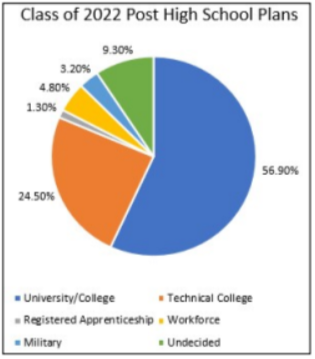
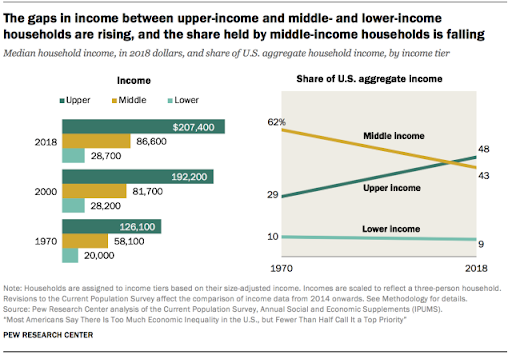
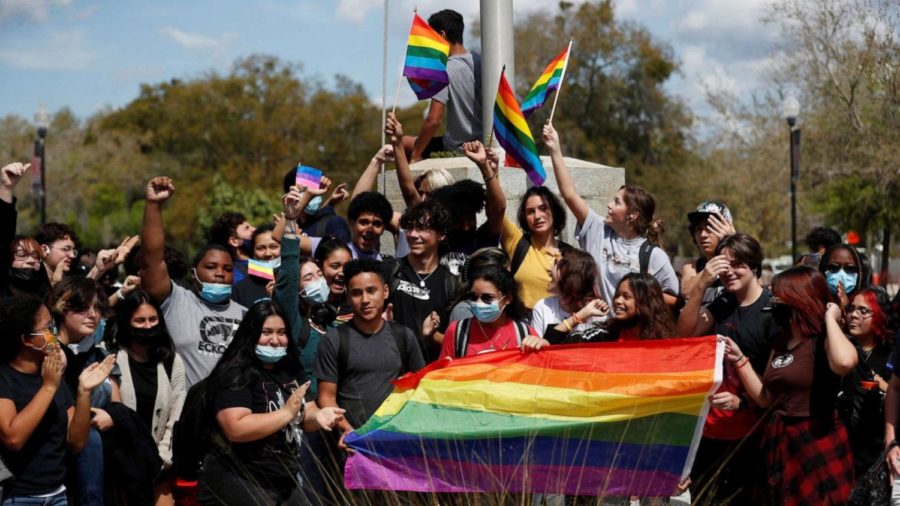






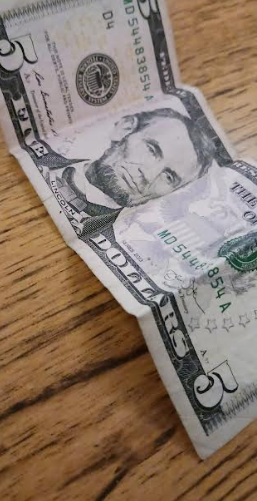



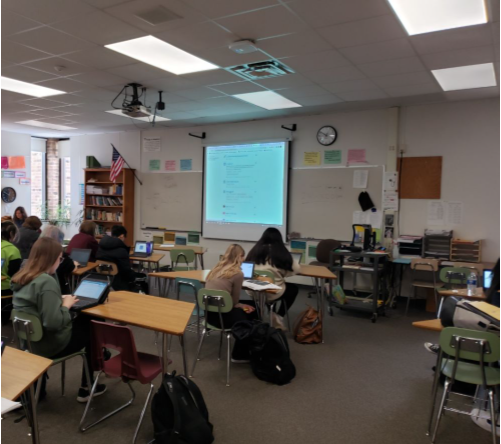
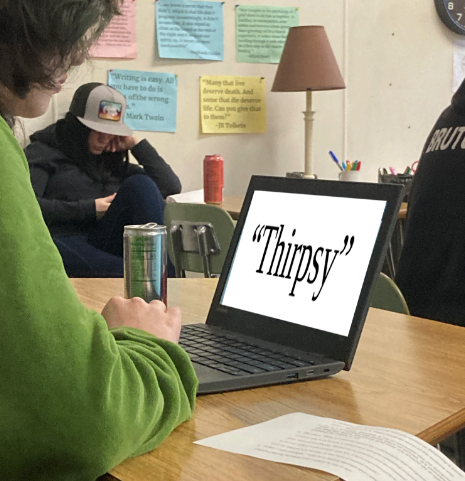


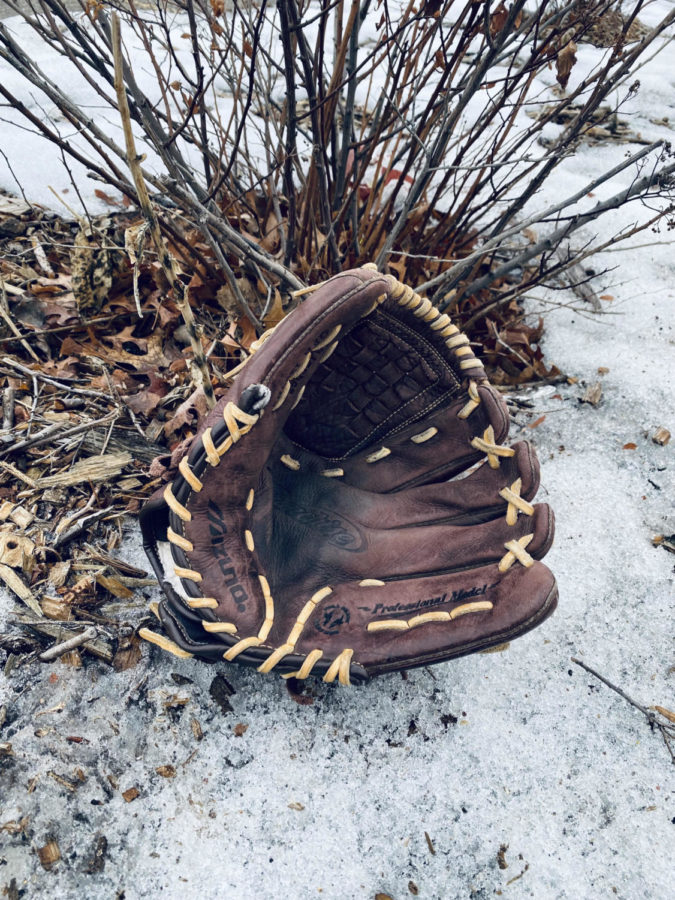


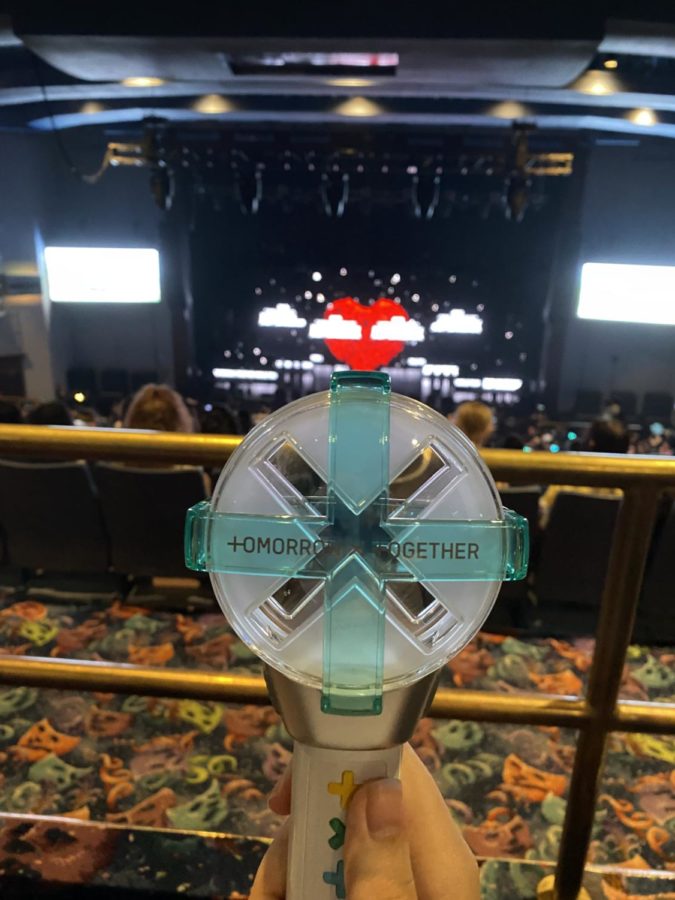

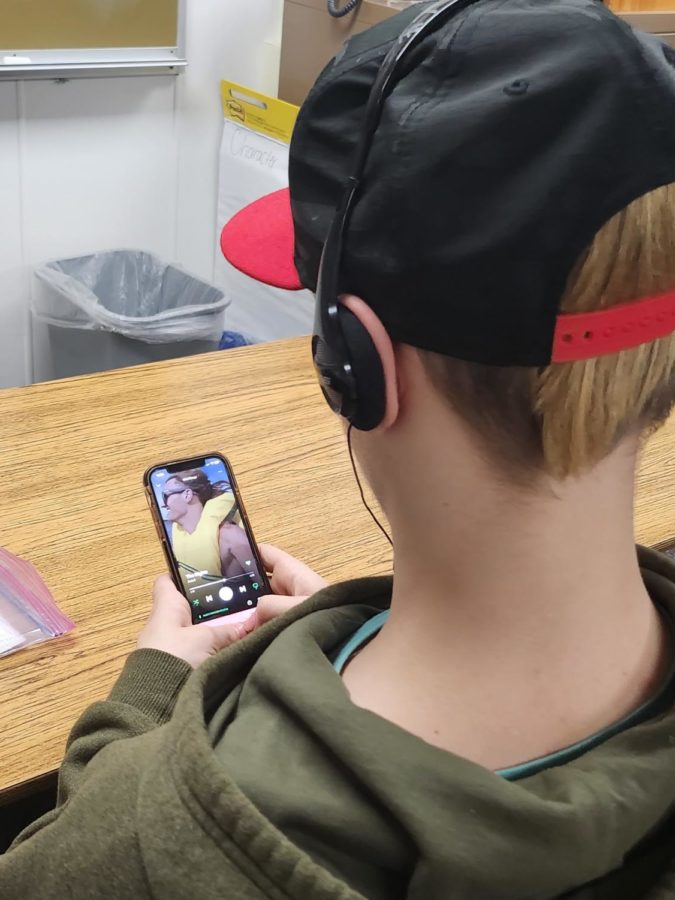











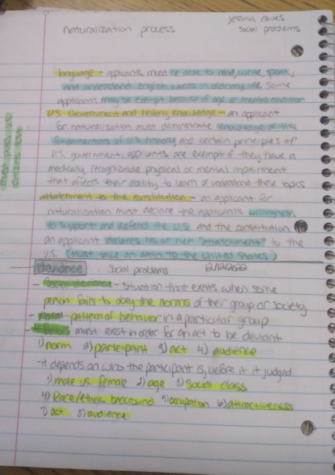
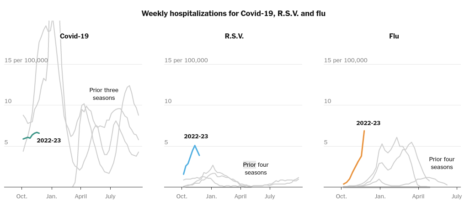
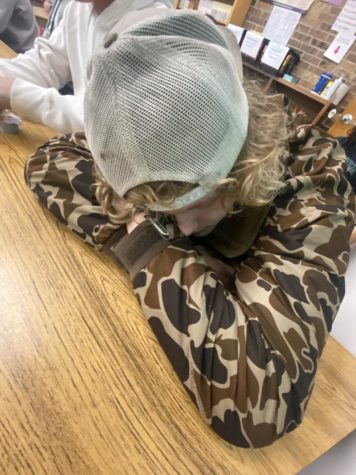


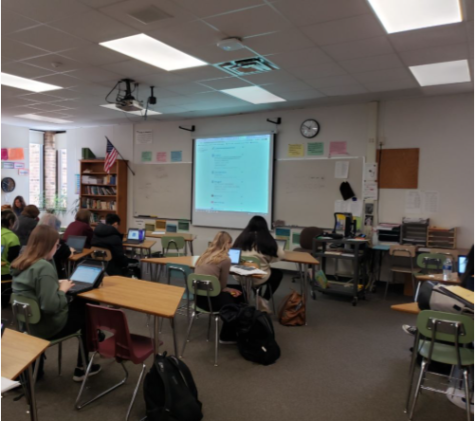
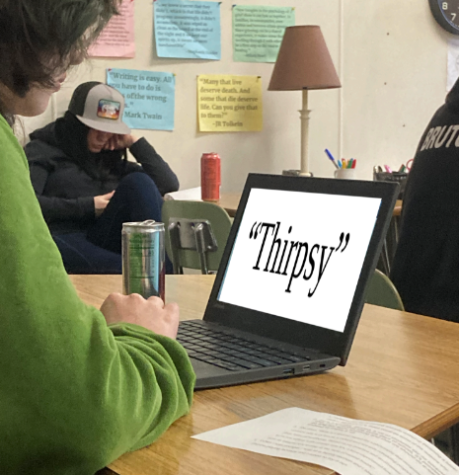
Gaoku • Dec 14, 2017 at 11:56 AM
I really like how you use a lot of details with this article that you wrote about. And telling us why it is not FUN bullying! Keep being awesome!